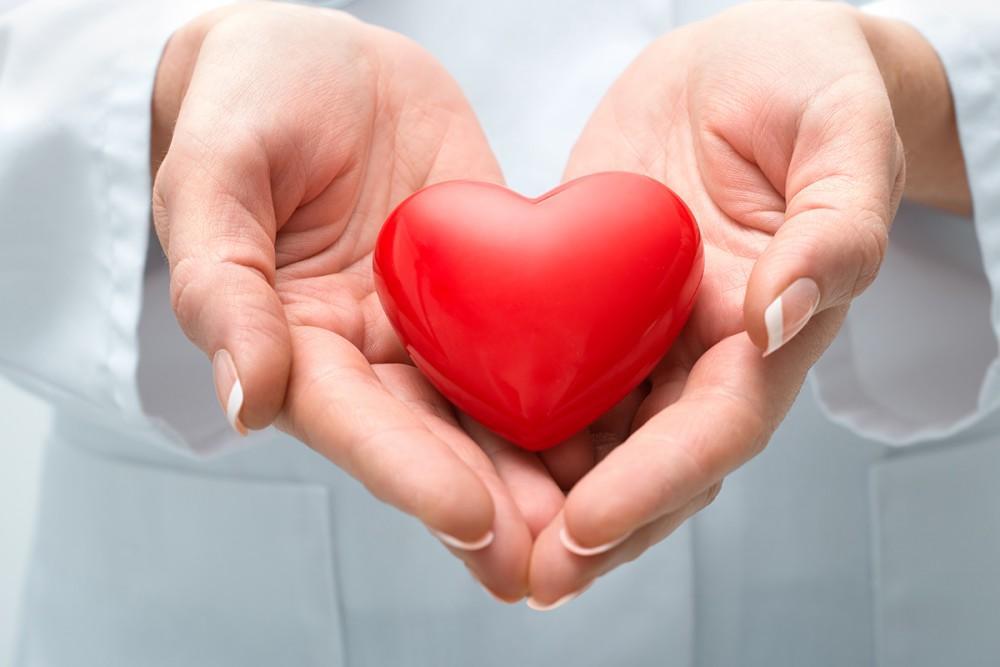
Myths and Facts About Heart Attacks

When it comes to your health, knowing what’s good for you or bad for you can sometimes be confusing. Magazines and talk shows taut the hottest new diet or exercise craze while news stories on the latest clinical research can be equally mind-boggling for consumers who simply want straightforward information on how to live healthier.
Unfortunately, it’s common for people to filter out the information they really don’t want to hear — like that your favorite treat really is bad for you. The highly trained cardiologists at Cardio Metabolic Institute in Somerset, Monroe Township, and East Brunswick, New Jersey, offer their insights on the myths and facts about heart attacks to help you cut through the noise.
A good first step in starting this conversation is realizing that heart attacks and heart disease are fairly common. In fact, an estimated 735,000 Americans have a heart attack each year. Even more astounding is that heart disease kills more people in the United States than all cancers do. So separating fact from fiction can literally save your life.
Myth: Chest pain is the only symptom of a heart attack
The American Heart Association and other organizations that conduct public health campaigns have done a great job of educating the public that tightening in the chest and chest pain are warning signs of a heart attack. However, chest pain isn’t the only symptom. Heart attack symptoms can differ from person to person, and a woman’s symptoms may differ from a man’s.
Typically, chest pain is the most common symptom during a heart attack for both men and women. However, women more so than men experience symptoms such as shortness of breath, nausea, or back or jaw pain.
Keep in mind that just because you experience one or one of these symptoms doesn’t mean you’re having a heart attack. Nevertheless, it’s always best to get it checked out and not to wait to see whether the symptoms pass.
Myth: Only men should worry about heart attacks
Heart attacks are definitely not just a guy thing. In fact, each year more women die from heart attacks than from breast cancer. In general, men and women experience heart attacks in roughly equal amounts.
Men tend to get heart disease and have heart attacks at younger ages than women, but more women than men die from heart attacks. According to the American Heart Association, heart disease is the leading cause of death among women each year. That works out to about one woman dying every minute from heart disease.
Myth: Heart attacks are purely hereditary
The idea that just because a condition runs in your family means you have it, too, and you can’t do anything about it is pure fiction. Heart attacks may not be completely preventable, but you can keep many of the risk factors at bay by committing to a healthy lifestyle.
It’s true that genetics is a part of the picture and may put you at a higher risk of having a heart attack. However, lifestyle choices in diet, exercise, and whether you smoke play a greater role.
Fact: Eating a heart-healthy, balanced diet is a win-win
Everybody has cravings from time to time, but if you keep in mind that you fuel your body with the foods you eat, you have a better chance of making healthier choices. Eating a balanced diet with whole grains, a variety of fruits and vegetables and lean proteins, not only contributes to your overall health, but also contributes to a healthier heart. So ditch the potato chips and enjoy some blueberries.
The caring medical and professional team at Cardio Metabolic Institute can help you live a heart-healthier life. If you have concerns about heart disease or think you’re at risk for a heart attack, make an appointment to get started on your journey to a healthier you. Click or call today for an appointment at the office nearest you.
You Might Also Enjoy...


Benefits of Proactive Varicose Vein Care

The Value of a Wellness Checkup

4 Heart-Healthy Swaps for Your Diet

The Link Between Weight Gain and Hormones

